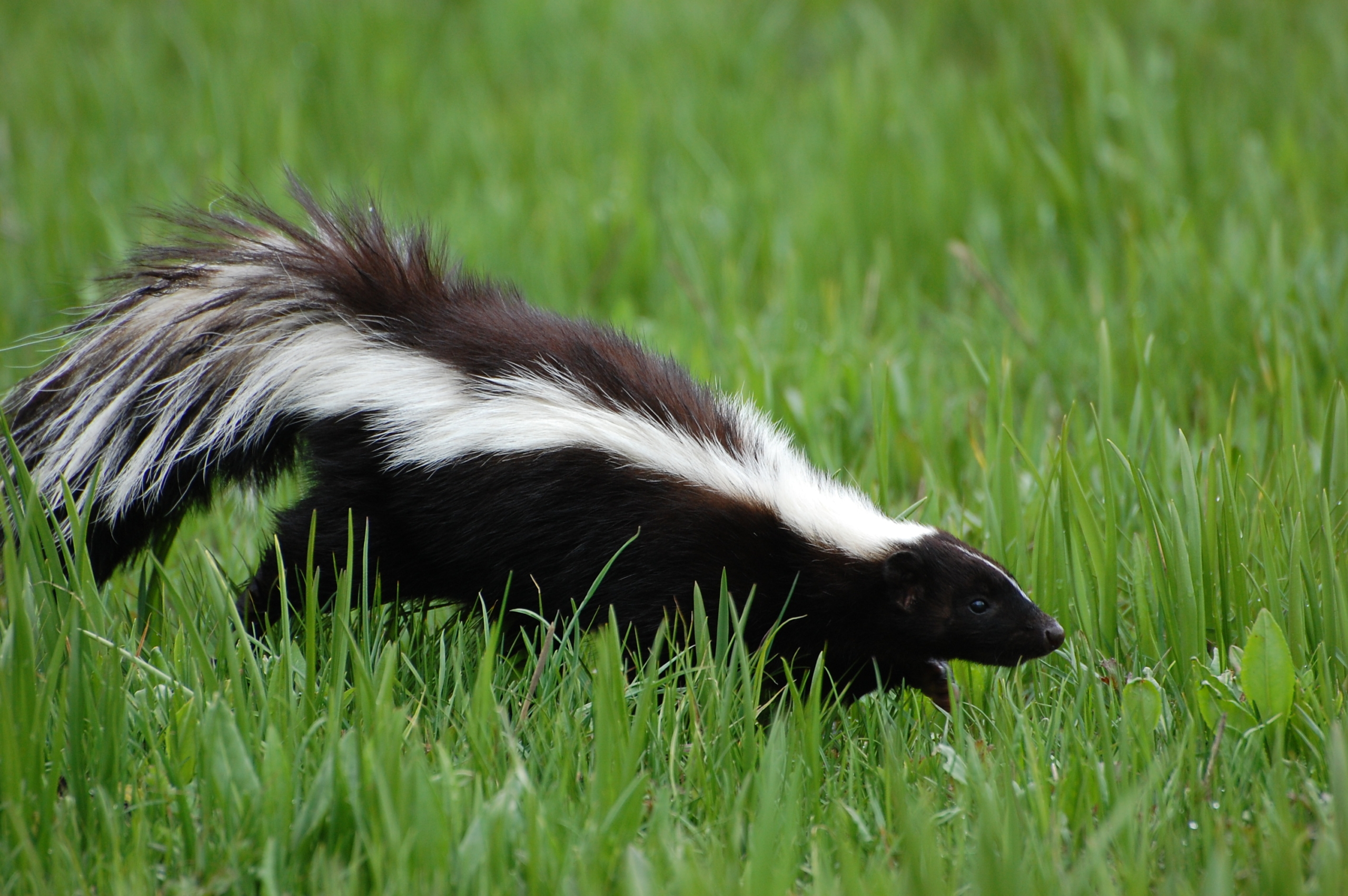Sign up for The Media Today, CJR’s daily newsletter.
Bryan A. Garner, he of Garner’s Modern English Usage, polled his 40,000-plus followers on Twitter in late January:
“‘To trump’ is now a verb that should be (A) accepted as a neutral verb denoting the idea of vanquishing an opponent, or (B) viewed as invariably meaning that but suggesting the former incumbent of the White House, and therefore creating qualms about its meaning.”
Of the 339 votes tallied, 59.6 percent said the verb “trump” was “tinged”; 40.4 percent said it was “neutral.”
Twitter polls, of course, carry no weight, but they do offer windows into the soul of that community. And Twitter has become a place where words like “chef’s kiss” and “it’s cake” ebb and flow in popularity and meaning, whose own products, tweets, have entered standard usage as a verb.
From the response to Garner’s poll, the verb “to trump” appears to be on its way to being what Garner calls a “skunked term.”
“When a word undergoes a marked change from one use to another—a phase that might take ten years or a hundred—it’s likely to be the subject of dispute,” Garner writes in Garner’s. One group of people (“various members of the literati”) lean to the traditional use, while a second group (“linguistic liberals and those who don’t concern themselves much with language”) embrace the second, newer use. Often, the second use, um, trumps the first and becomes acceptable, even standard, and the original becomes “skunked.” That’s what happened to “decimate,” whose traditional use is to “kill every tenth man”; because people used it to mean “destroy,” whether in part or in whole, that’s what it means now. Even Garner accepts “decimate” as fully standard English when it applies to large-scale destruction. (He is less accepting of its use when the destruction is total, or when something is merely hampered.) A subset of “skunked terms” includes harmless words whose usage declines due to associations with harmful ones, such as racial slurs.
So, whither “trump”? First, let’s trace it.
“Trump” first entered English from France by way of Middle English in the late thirteenth century, in what is now an archaic usage for “trumpet.” The noun traced its own path, including a vulgar onomatopoeia for breaking wind that appeared in the early twentieth century. A figurative use, “One who or that which proclaims, celebrates, or summons loudly like a trumpet,” as the Oxford English Dictionary puts it, appeared in the early sixteenth century. The first verb form was a contemporary, to sound that trumpet. But those don’t have the sense of “trump” that Garner asked about.
Another noun form is the one most familiar today: “A playing-card of that suit which for the time being ranks above the other three,” the OED says, tracing that usage to the mid-sixteenth century. Its derivation is “a corruption of triumph,” not related to “trumpet.” The related verb soon followed. Eventually, its figurative uses “trumped” the card game to mean “to beat” or “to cap.” Bridge players still play a “trump suit” and can “trump” other suits to collect “tricks.”
Obsolete uses for “trump” might lead the way to an acceptable usage of “trump” as a modern verb. One is “To cast in one’s way as a hindrance or obstruction”; another is “To impose or thrust (something) upon a person.”
But one current use could allow the verb “to trump” to keep its old meaning (for the “various members of the literati”) and its new: “To get up or devise in an unscrupulous way; to forge, fabricate, invent.”
That usage could trump them all. Or maybe “trump” will just get skunked.
PREVIOUSLY: The preoccupation of ‘wonks’
Has America ever needed a media defender more than now? Help us by joining CJR today.



